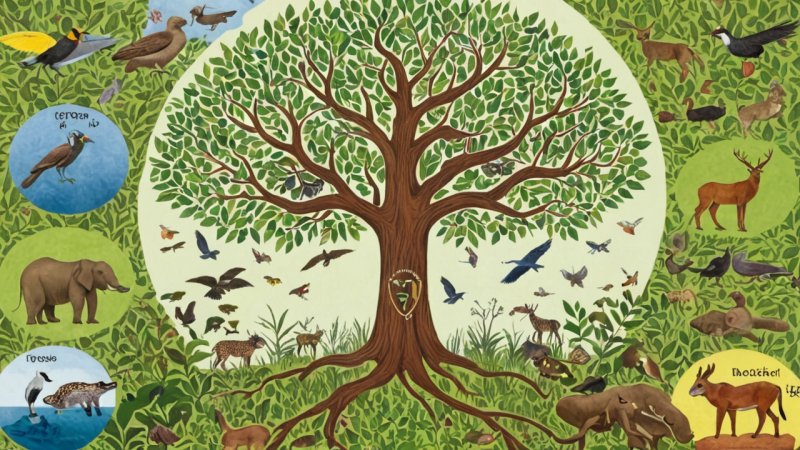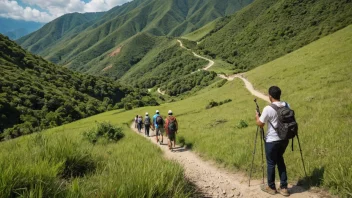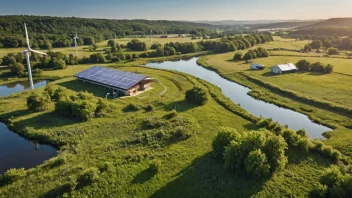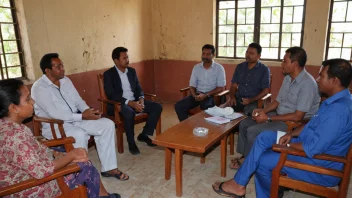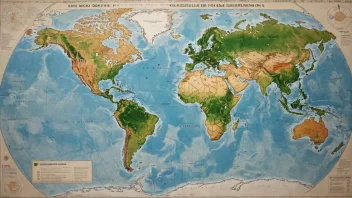In the face of escalating environmental challenges, non-governmental organizations (NGOs) play a crucial role in preserving biodiversity across the globe. As the planet grapples with climate change, habitat destruction, and species extinction, these organizations work tirelessly to advocate for sustainable practices, conduct essential research, and foster community engagement. Understanding the multifaceted contributions of environmental NGOs is vital for appreciating their impact on biodiversity preservation and the overall health of our ecosystems.
Environmental NGOs are often at the forefront of raising awareness about the importance of biodiversity. Through campaigns, educational programs, and public outreach, they inform communities about the value of diverse ecosystems and the services they provide, such as clean air, water, and food. By utilizing compelling narratives and engaging content, these organizations inspire individuals to take action to protect the natural world. Their efforts often lead to increased public support for conservation initiatives and greater community involvement in local environmental efforts.
One significant area where environmental NGOs excel is in scientific research and the collection of data regarding endangered species and habitats. Many NGOs partner with academic institutions and governmental agencies to conduct field studies, monitor wildlife populations, and assess the health of ecosystems. This research is crucial for informing policy decisions, guiding conservation strategies, and identifying areas that require urgent intervention. By providing valuable insights and evidence-based recommendations, NGOs contribute to more effective biodiversity management and protection efforts.
Moreover, environmental NGOs often serve as advocates for policy change. They work to influence legislation that impacts natural resources and biodiversity, lobbying for stronger environmental protections and sustainable land-use practices. By engaging with policymakers and participating in international negotiations, NGOs help ensure that biodiversity remains a priority on political agendas. Their advocacy efforts have led to the establishment of protected areas, the implementation of sustainable development policies, and the enforcement of wildlife protection laws.
Community engagement is another vital aspect of the work done by environmental NGOs. They often organize volunteer programs, workshops, and educational activities to empower local communities to take an active role in conservation efforts. By fostering a sense of ownership and responsibility towards the environment, NGOs help build resilient communities that are better equipped to address biodiversity loss. Engaging with indigenous peoples and local stakeholders is particularly important, as these groups often possess invaluable knowledge about their ecosystems and sustainable practices.
In conclusion, environmental NGOs are indispensable allies in the fight to preserve biodiversity. Through their advocacy, research, and community engagement efforts, they contribute significantly to the protection of our planet's diverse ecosystems. As individuals, we can support these organizations by becoming informed about local environmental issues, participating in conservation initiatives, and advocating for sustainable practices in our communities. Together, we can help ensure a healthier, more biodiverse planet for future generations.
Guardians of Nature: NGOs and Biodiversity
Explore the vital role of non-governmental organizations (NGOs) in preserving biodiversity amidst escalating environmental challenges.
